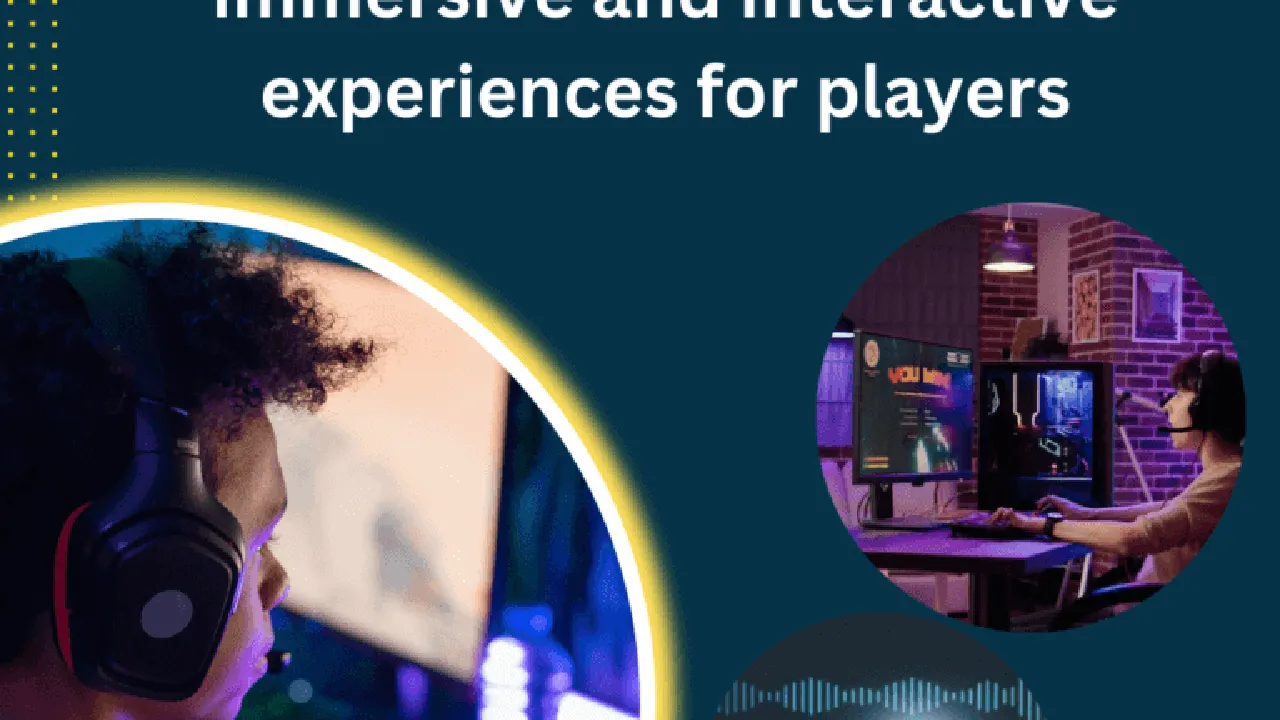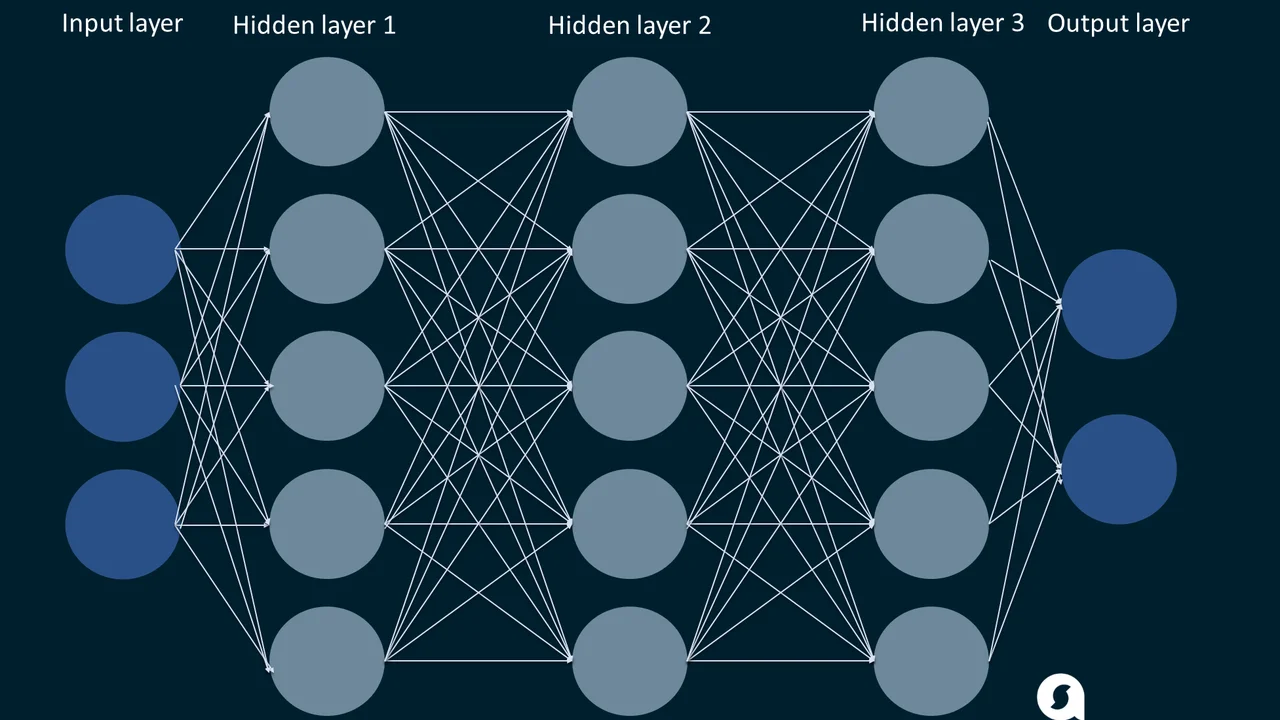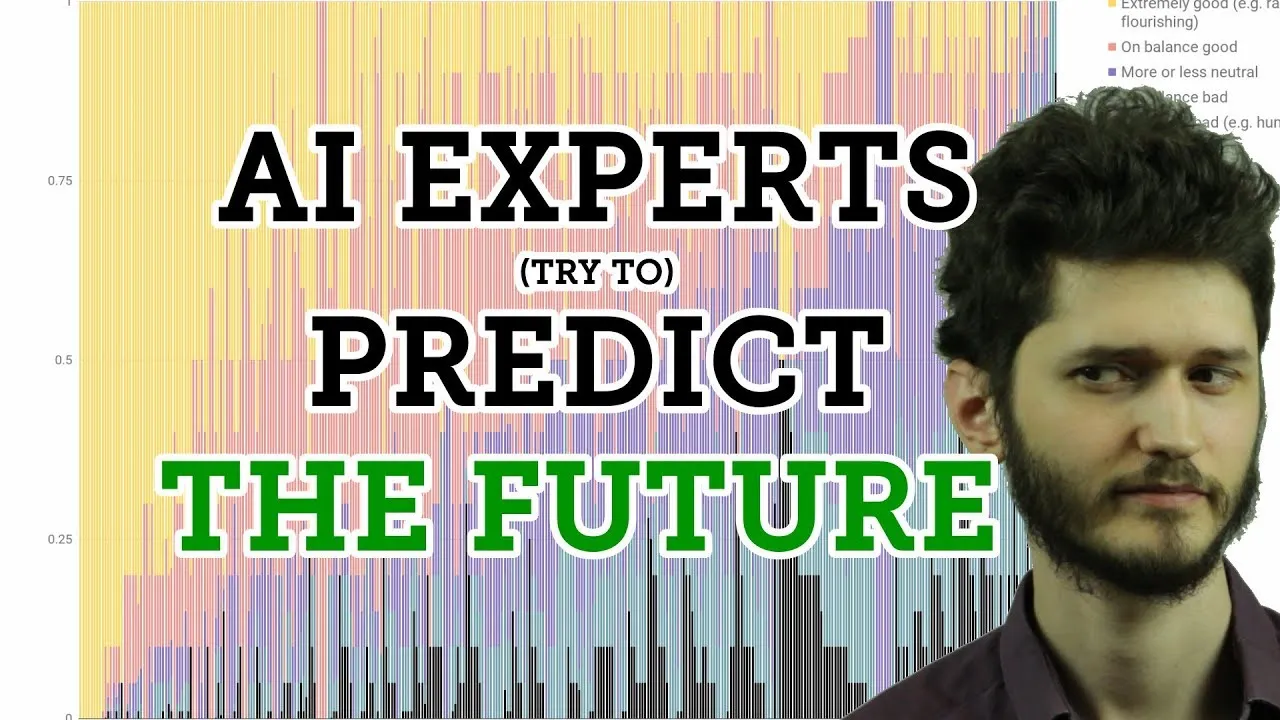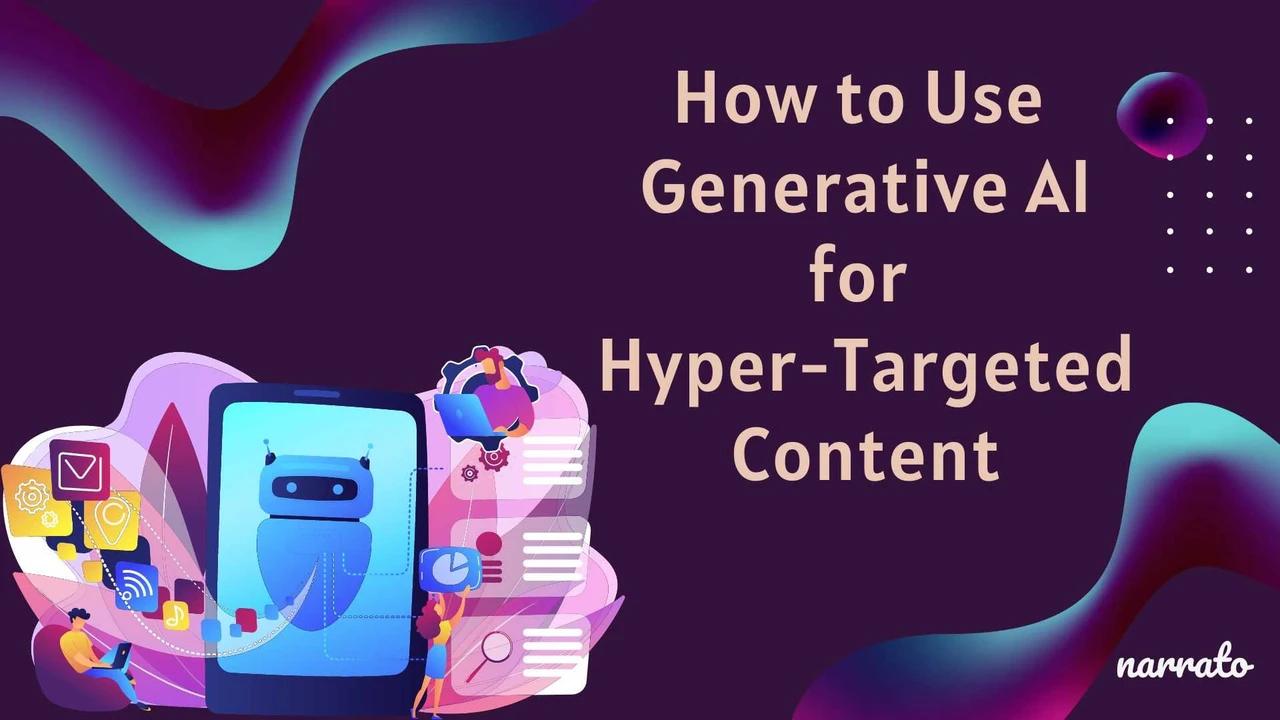AI in Manufacturing: Streamlining Processes and Increasing Efficiency
Stay informed about the latest trends and insights in AI. Discover top AI events, conferences, newsletters, job boards, and blogs to connect with experts and advance your career. Learn about specific AI products, their use cases, comparisons, and pricing.
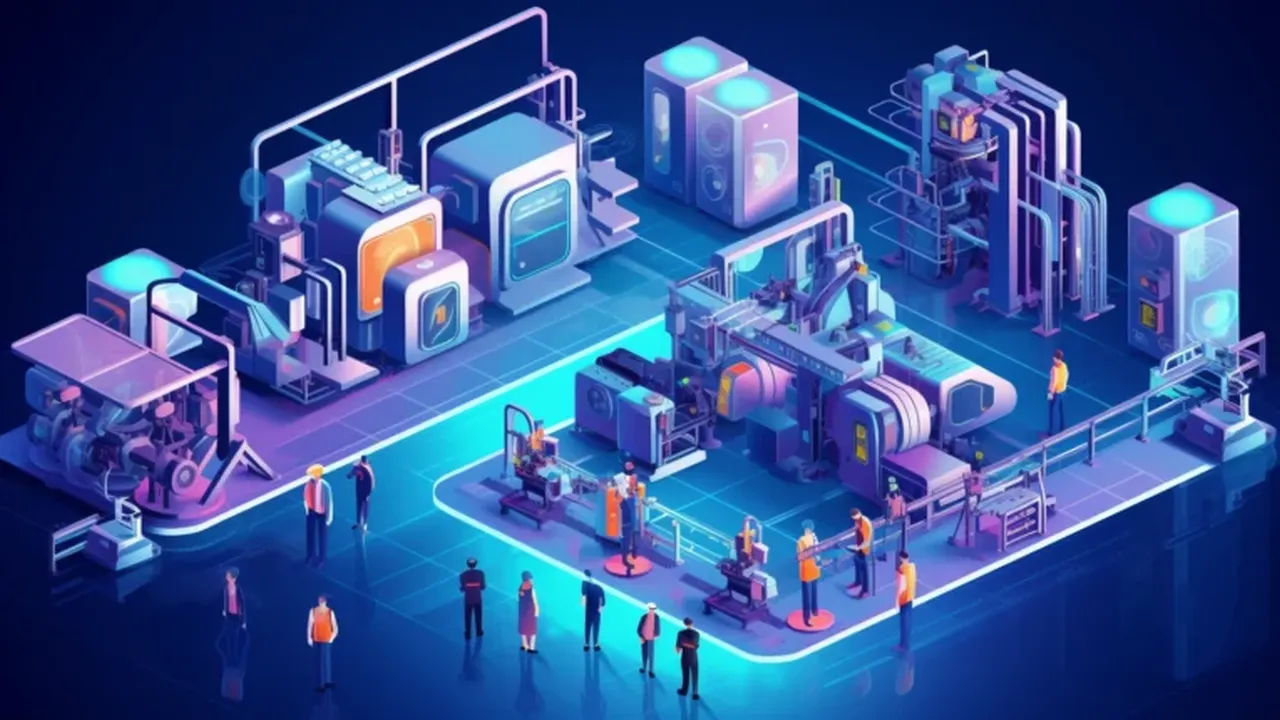
Want to dive deep into the world of artificial intelligence? Attending AI conferences is a fantastic way to learn from leading experts, network with fellow enthusiasts, and discover cutting-edge innovations. These events offer a unique opportunity to stay ahead of the curve in this rapidly evolving field. Let's explore some of the top AI conferences you should consider attending.
Key Benefits of Attending AI Conferences
Before we jump into specific conferences, let's quickly recap why attending these events is so valuable:
* Learning from Experts: AI conferences feature presentations and workshops led by renowned researchers, industry leaders, and experienced practitioners. * Networking Opportunities: Connect with potential collaborators, mentors, and employers in the AI space. * Staying Updated on Trends: Discover the latest advancements, emerging technologies, and future directions in AI. * Product Demonstrations: Get hands-on experience with new AI tools and platforms. * Career Advancement: Find job opportunities, gain valuable skills, and boost your professional profile.Top AI Conferences to Consider
Here's a curated list of some of the most reputable and impactful AI conferences around the globe. Remember to check their websites for specific dates, locations, and registration details.
NeurIPS (Neural Information Processing Systems) - Premier AI Research Conference
Description: NeurIPS is one of the largest and most prestigious AI conferences, attracting researchers from academia and industry. It focuses on theoretical advancements, machine learning algorithms, and their applications across various domains.
Key Topics: Deep learning, reinforcement learning, computer vision, natural language processing, generative models, optimization, and more.
Target Audience: AI researchers, graduate students, professors, and industry professionals interested in cutting-edge research.
Typical Attendance: Over 10,000 attendees.
ICML (International Conference on Machine Learning) - Core Machine Learning Research
Description: ICML is another top-tier conference dedicated to machine learning research. It covers a broad range of topics, from fundamental algorithms to real-world applications.
Key Topics: Supervised learning, unsupervised learning, semi-supervised learning, Bayesian methods, causal inference, fairness, and explainability.
Target Audience: Machine learning researchers, data scientists, and engineers.
Typical Attendance: Several thousand attendees.
CVPR (Conference on Computer Vision and Pattern Recognition) - The Leading Computer Vision Event
Description: CVPR is the premier conference for computer vision, bringing together researchers and practitioners working on image and video analysis, object recognition, scene understanding, and related fields.
Key Topics: Object detection, image segmentation, 3D reconstruction, video analysis, visual recognition, and applications in robotics, autonomous vehicles, and augmented reality.
Target Audience: Computer vision researchers, engineers, and industry professionals.
Typical Attendance: Over 7,000 attendees.
ACL (Association for Computational Linguistics) - Natural Language Processing Focus
Description: ACL is the leading conference for natural language processing (NLP), covering topics such as machine translation, text summarization, question answering, and sentiment analysis.
Key Topics: Language modeling, text generation, dialogue systems, information retrieval, and NLP applications in various industries.
Target Audience: NLP researchers, linguists, and engineers.
Typical Attendance: Several thousand attendees.
AI Summit - Business-Oriented AI Conference
Description: The AI Summit focuses on the practical applications of AI in business, showcasing real-world use cases, success stories, and strategies for implementing AI solutions.
Key Topics: AI strategy, digital transformation, customer experience, automation, data analytics, and ethical AI.
Target Audience: Business executives, IT leaders, and AI practitioners.
Typical Attendance: Varies depending on location and specific event.
ODSC (Open Data Science Conference) - Hands-On AI and Data Science Training
Description: ODSC offers a wide range of workshops, tutorials, and presentations on various aspects of data science and AI, with a strong emphasis on hands-on learning and practical skills.
Key Topics: Machine learning, deep learning, data visualization, data engineering, and open-source tools.
Target Audience: Data scientists, data engineers, and AI developers.
Typical Attendance: Several thousand attendees.
AI Newsletters Subscribe for Daily AI Updates
Staying up-to-date with the latest news and developments in AI can be a challenge. Subscribing to AI newsletters is a convenient way to receive curated content directly in your inbox. Here are some recommended AI newsletters to help you stay informed.
The Batch by Andrew Ng
Description: A weekly newsletter by AI pioneer Andrew Ng, covering the latest advancements in AI research, industry trends, and educational resources. Ng provides insightful commentary and analysis on the most important developments in the field.
Content: Research papers, industry news, educational resources, and interviews with AI experts.
Frequency: Weekly.
Why Subscribe: Gain insights from one of the leading figures in AI and stay informed about the most impactful advancements.
Import AI by Jack Clark
Description: A weekly newsletter by Jack Clark, focusing on the latest developments in AI policy, ethics, and societal impact. Clark provides in-depth analysis of the ethical and societal implications of AI technologies.
Content: AI policy news, ethical considerations, and societal impact analysis.
Frequency: Weekly.
Why Subscribe: Stay informed about the ethical and societal implications of AI and understand the policy landscape.
AI Weekly
Description: A comprehensive weekly newsletter covering a wide range of AI topics, from research and development to business and policy. AI Weekly provides a balanced overview of the AI ecosystem.
Content: Research papers, industry news, funding announcements, and policy updates.
Frequency: Weekly.
Why Subscribe: Get a broad overview of the AI landscape and stay informed about the latest developments across different domains.
Inside AI
Description: A daily newsletter providing concise summaries of the most important AI news and research. Inside AI offers a quick and easy way to stay informed about the latest developments in the field.
Content: Daily AI news summaries and research highlights.
Frequency: Daily.
Why Subscribe: Stay up-to-date with the most important AI news on a daily basis.
Benedict Evans Newsletter
Description: While not exclusively focused on AI, Benedict Evans' newsletter often covers the intersection of AI and other technologies, providing insightful analysis of the broader tech landscape.
Content: Technology trends, industry analysis, and commentary on the impact of technology on business and society.
Frequency: Weekly.
Why Subscribe: Gain a broader perspective on the tech industry and understand how AI is shaping the future.
AI Job Boards Find AI Jobs and Opportunities
Looking for a job in the AI field? AI job boards are specialized platforms that connect job seekers with employers in the artificial intelligence industry. Here are some recommended AI job boards to help you find your dream job.
AI Jobs Board
Description: A dedicated job board focusing exclusively on AI-related positions. AI Jobs Board features a wide range of jobs, from research and development to engineering and product management.
Job Types: Research scientist, machine learning engineer, data scientist, AI architect, product manager, and more.
Why Use: Find specialized AI jobs and connect with companies actively hiring in the field.
Description: LinkedIn is a professional networking platform that also functions as a job board. You can search for AI jobs, connect with recruiters, and build your professional network.
Job Types: Data scientist, machine learning engineer, AI researcher, AI consultant, and more.
Why Use: Leverage your professional network and explore a wide range of AI jobs across different industries.
Indeed
Description: Indeed is a general job board that also features a significant number of AI-related positions. You can search for jobs by keyword, location, and company.
Job Types: AI developer, data analyst, machine learning specialist, and more.
Why Use: Access a large pool of job postings and find AI jobs in various locations and industries.
AngelList
Description: AngelList focuses on startups and early-stage companies, offering a unique opportunity to work on innovative AI projects. You can find jobs, invest in startups, and connect with founders.
Job Types: Machine learning engineer, data scientist, AI researcher, and more.
Why Use: Join a fast-growing startup and contribute to cutting-edge AI projects.
Glassdoor
Description: Glassdoor is a job board that also provides company reviews and salary information. You can research potential employers and get insights into their company culture and compensation packages.
Job Types: AI engineer, data scientist, machine learning researcher, and more.
Why Use: Research companies before applying and make informed decisions about your career.
AI Blogs Follow the Top AI Experts and Thought Leaders
Staying informed about the latest trends and insights in AI requires following the right sources. AI blogs are a great way to learn from experts, stay updated on research, and gain a deeper understanding of the field. Here are some recommended AI blogs to follow.
Distill
Description: Distill is a highly visual and interactive blog that focuses on explaining complex AI concepts in an accessible way. Distill uses animations, simulations, and interactive visualizations to make AI research more understandable.
Content: Visual explanations of machine learning algorithms, deep learning concepts, and AI research papers.
Why Follow: Gain a deeper understanding of AI concepts through interactive visualizations and clear explanations.
OpenAI Blog
Description: The official blog of OpenAI, a leading AI research organization. The OpenAI Blog features updates on their latest research projects, breakthroughs, and initiatives.
Content: Research papers, project announcements, and commentary on the future of AI.
Why Follow: Stay informed about the latest research from one of the most influential AI organizations.
Google AI Blog
Description: The official blog of Google AI, showcasing their research and development efforts in artificial intelligence. The Google AI Blog features articles on machine learning, computer vision, natural language processing, and more.
Content: Research papers, project announcements, and insights into Google's AI initiatives.
Why Follow: Learn about the latest AI research from Google and understand their vision for the future of AI.
The Gradient
Description: The Gradient is an independent AI blog that provides in-depth analysis and commentary on the latest trends and developments in the field. The Gradient features articles on research, ethics, and the societal impact of AI.
Content: Research analysis, ethical considerations, and societal impact assessments.
Why Follow: Gain a critical perspective on the AI landscape and stay informed about the ethical and societal implications of AI technologies.
Towards Data Science
Description: Towards Data Science is a popular platform for data scientists and AI practitioners to share their knowledge and insights. The blog features articles on a wide range of topics, from machine learning algorithms to data visualization techniques.
Content: Tutorials, guides, and practical advice for data scientists and AI engineers.
Why Follow: Learn practical skills and gain insights from experienced data scientists and AI practitioners.
Specific AI Products and Use Cases
Beyond the high-level discussions, let's look at some specific AI products and their real-world applications, along with some comparisons and pricing information.
Chatbots: Revolutionizing Customer Service
Description: AI-powered chatbots are transforming customer service by providing instant, personalized support to customers 24/7. They can answer frequently asked questions, resolve simple issues, and escalate complex cases to human agents.
Use Cases: Customer support, sales, marketing, and lead generation.
Examples:
* Dialogflow (Google): A conversational AI platform for building chatbots and voice assistants. Pricing: Free tier available, with paid plans starting at \$0.002 per request. * Microsoft Bot Framework: A comprehensive platform for building, deploying, and managing chatbots. Pricing: Free tier available, with paid plans based on usage. * Chatfuel: A no-code chatbot platform for building chatbots on Facebook Messenger and other platforms. Pricing: Free plan available, with paid plans starting at \$15 per month.Comparison: Dialogflow and Microsoft Bot Framework are more powerful and flexible platforms for building complex chatbots, while Chatfuel is a simpler option for building basic chatbots on social media platforms.
Image Recognition: Automating Visual Tasks
Description: AI-powered image recognition systems can automatically identify objects, people, and scenes in images and videos. They are used in a wide range of applications, from security and surveillance to retail and healthcare.
Use Cases: Security surveillance, facial recognition, object detection, medical image analysis, and quality control.
Examples:
* Amazon Rekognition: A cloud-based image recognition service that can identify objects, people, and scenes in images and videos. Pricing: Free tier available, with paid plans based on usage. * Google Cloud Vision API: A cloud-based image recognition service that provides a wide range of features, including object detection, facial recognition, and text recognition. Pricing: Free tier available, with paid plans based on usage. * Clarifai: An AI platform for building and deploying image and video recognition models. Pricing: Free tier available, with paid plans starting at \$30 per month.Comparison: Amazon Rekognition and Google Cloud Vision API are more general-purpose image recognition services, while Clarifai is more focused on building custom AI models for specific applications.
Natural Language Processing (NLP): Understanding and Generating Human Language
Description: NLP technologies enable computers to understand, interpret, and generate human language. They are used in a wide range of applications, from machine translation to sentiment analysis.
Use Cases: Machine translation, sentiment analysis, text summarization, chatbots, and voice assistants.
Examples:
* Google Translate: A free machine translation service that can translate text and speech between hundreds of languages. Pricing: Free. * GPT-3 (OpenAI): A powerful language model that can generate human-like text for a wide range of applications. Pricing: Available through the OpenAI API, with pricing based on usage. * NLTK (Natural Language Toolkit): A Python library for building NLP applications. Pricing: Open source and free to use.Comparison: Google Translate is a ready-to-use machine translation service, while GPT-3 is a more powerful language model that can be used for a wider range of NLP tasks. NLTK is a library for building custom NLP applications.
AI-Powered Recommendation Systems: Personalizing User Experiences
Description: AI-powered recommendation systems analyze user data to provide personalized recommendations for products, services, and content. They are used in a wide range of industries, from e-commerce to entertainment.
Use Cases: E-commerce product recommendations, movie and music recommendations, news feed personalization, and advertising targeting.
Examples:
* Amazon Personalize: A cloud-based recommendation service that uses machine learning to provide personalized recommendations. Pricing: Based on usage. * Google Recommendations AI: A cloud-based recommendation service that uses machine learning to provide personalized recommendations for e-commerce businesses. Pricing: Based on usage. * Recommenderlab (R package): An R package for building and evaluating recommendation systems. Pricing: Open source and free to use.Comparison: Amazon Personalize and Google Recommendations AI are cloud-based services that provide ready-to-use recommendation systems, while Recommenderlab is a library for building custom recommendation systems in R.
By attending AI conferences, subscribing to newsletters, exploring job boards, following blogs, and understanding specific AI products, you can stay informed, connected, and successful in the rapidly evolving world of artificial intelligence.
:max_bytes(150000):strip_icc()/277019-baked-pork-chops-with-cream-of-mushroom-soup-DDMFS-beauty-4x3-BG-7505-5762b731cf30447d9cbbbbbf387beafa.jpg)



